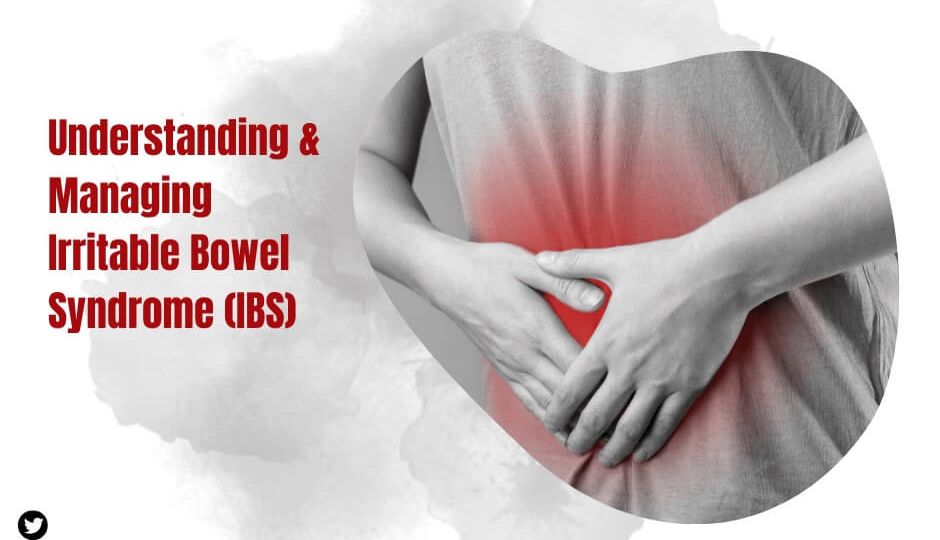Understanding and Managing Irritable Bowel Syndrome (IBS)
Irritable Bowel Syndrome (IBS) is a common gastrointestinal disorder that affects the large intestine. It is characterized by a group of symptoms, including abdominal pain, bloating, gas, and changes in bowel habits. While IBS doesn’t cause permanent damage to the digestive tract, it can significantly impact an individual’s quality of life. Understanding the condition and adopting effective management strategies are crucial for those dealing with IBS.
Symptoms and Diagnosis:
The symptoms of IBS can vary widely among individuals, making it a challenging condition to diagnose. Common signs include abdominal pain or discomfort, altered bowel habits (diarrhea, constipation, or both), bloating, and gas. These symptoms often occur in patterns and may be triggered or exacerbated by certain foods, stress, or hormonal changes.
Diagnosing IBS involves ruling out other potential causes for the symptoms, such as inflammatory bowel diseases or celiac disease. Doctors typically rely on a combination of medical history, physical examination, and specific tests to make a diagnosis. In some cases, additional tests like blood tests, colonoscopies, or imaging studies may be recommended.
Causes and Triggers:
The exact cause of IBS remains unclear, but several factors are believed to contribute to its development. These include:
1. Gastrointestinal motility:
Irregularities in the movement of the digestive tract muscles can lead to symptoms of IBS.2. Brain-gut axis:
Communication between the brain and the gut may be altered in individuals with IBS, influencing bowel function and sensitivity.3. Inflammation:
Low-grade inflammation in the intestines may play a role in some cases of IBS.4. Changes in gut bacteria:
The balance of bacteria in the gut, known as the microbiome, may be disturbed in individuals with IBS.Certain triggers can exacerbate IBS symptoms. These may include specific foods, stress, hormonal changes, and certain medications.
Management Strategies:
While there is no cure for IBS, various strategies can help manage and alleviate symptoms. These may include:
1. Dietary modifications:
Identifying and avoiding trigger foods is a key component of managing IBS. Common triggers include certain types of carbohydrates (FODMAPs), dairy, caffeine, and artificial sweeteners.2. Fiber supplementation:
For some individuals, increasing dietary fiber can help regulate bowel movements. However, this may not be suitable for everyone, as some may experience increased bloating.3. Probiotics:
These are beneficial bacteria that can help regulate the balance of gut flora. Probiotic supplements or probiotic-rich foods may be considered as part of the management plan.4. Stress management:
Since stress can trigger or worsen IBS symptoms, stress management techniques such as mindfulness, yoga, and deep breathing exercises can be beneficial.5. Medications:
Depending on the predominant symptoms, medications like antispasmodics, laxatives, or medications that affect serotonin levels may be prescribed by a healthcare provider.6. Lifestyle modifications:
Regular exercise, adequate sleep, and avoiding smoking can contribute to overall well-being and may positively impact IBS symptoms.Seeking Professional Guidance:
Individuals experiencing symptoms of IBS should seek medical advice for proper diagnosis and guidance on management. A healthcare provider can tailor a treatment plan to address specific symptoms and triggers, providing a more personalized approach to managing IBS.
In conclusion, understanding and managing IBS involve a multifaceted approach that considers individual symptoms, triggers, and lifestyle factors. With the right strategies in place, individuals with IBS can achieve better symptom control and improve their overall quality of life.

















